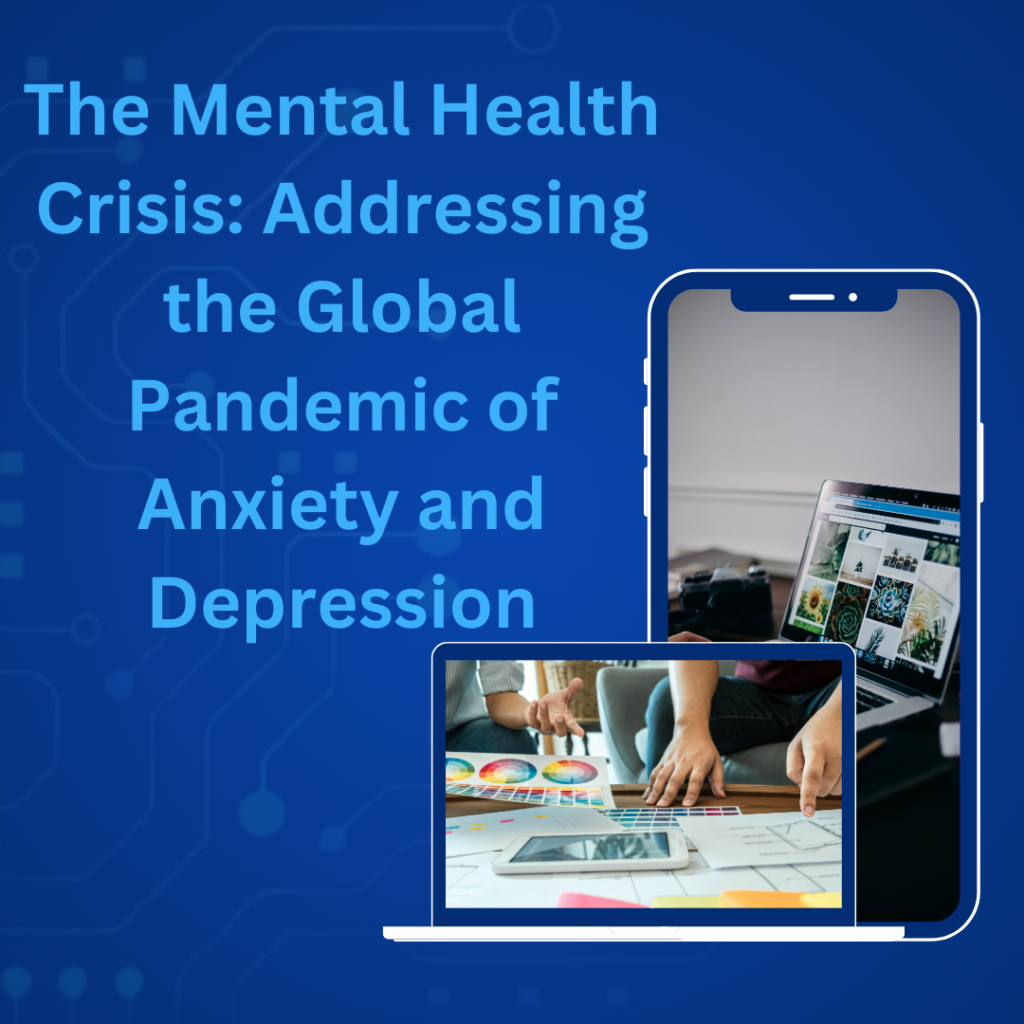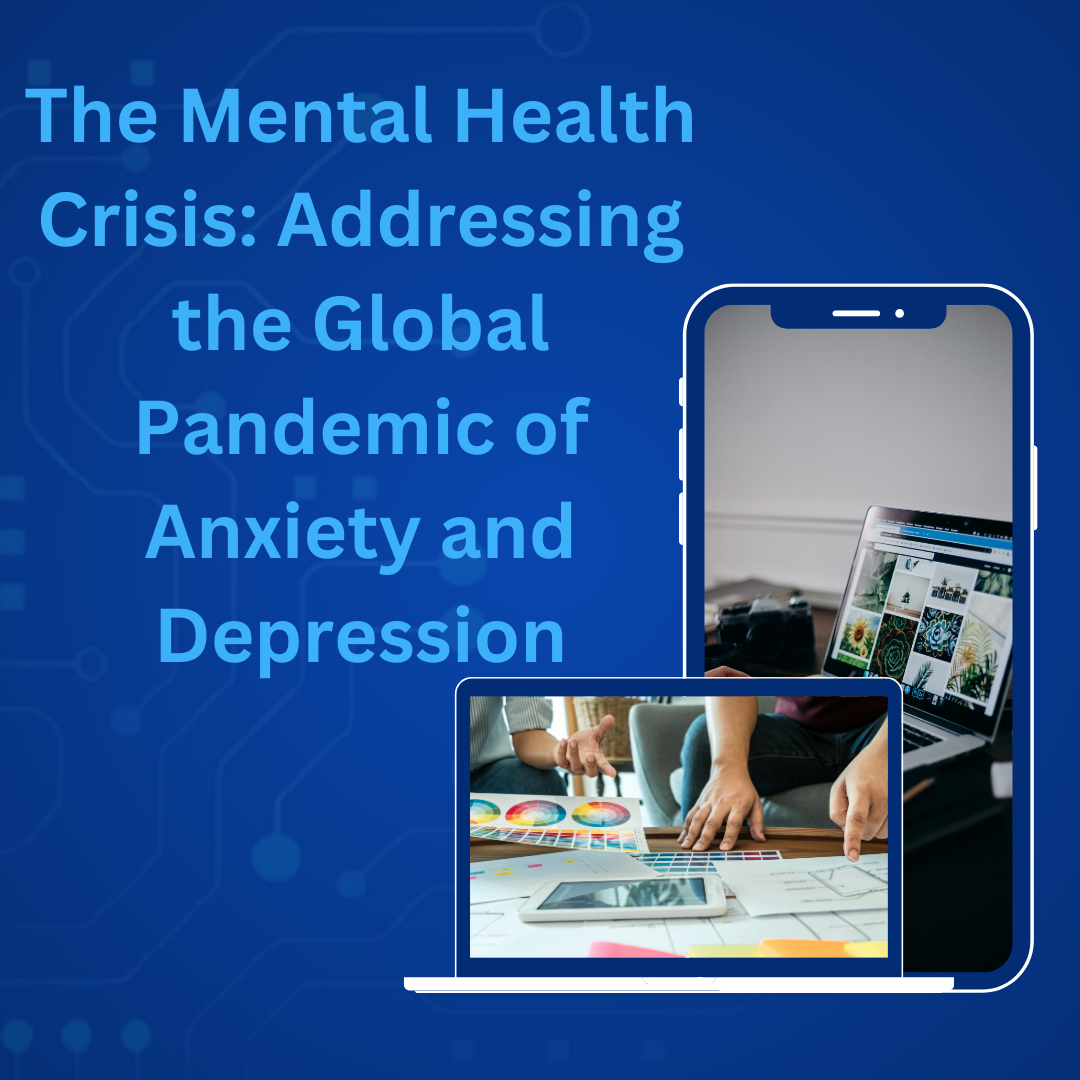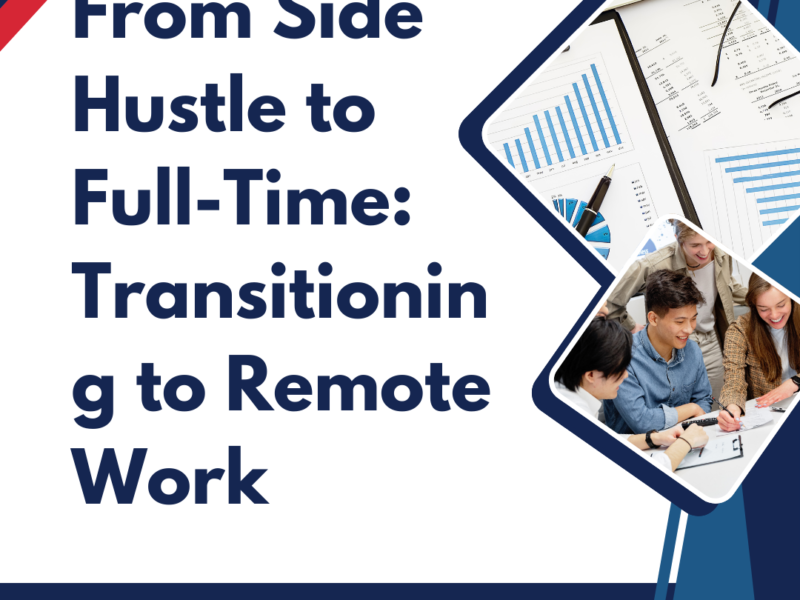Addressing the Global Pandemic of Anxiety and Depression
What is being truly the greatest unmet global health challenge of the 21st century is indeed a mental health crisis. Psychosis and affective disorders, in particular anxiety. The depressive problems, have reached epidemic proportions-the most serious in the world-millions of people caught. And burdening healthcare infrastructures, disrupting social life. A creating economic havoc. The Mental Health Crisis: Addressing the Global Pandemic of Anxiety and Depression. This pandemic of anxiety and depression will not be a matter of individual suffering, but rather will discuss society and its authority to demand immediate action, intervention, and systemic reform.
The Rising of Anxiety and Depression
A demographic trend that defines the modern age, especially in recent decades, is that of rapidly escalating cases of mental health disorders, specifically anxiety and depression. It has been estimated that the number of people suffering from depression worldwide is more than 264 million. While anxiety disorders have an incidence of over 284 million. These figures represent a portion that is by no means all the casualties likely to be counted; social stigma, unawareness, and inadequate healthcare facilities would all be contributing factors to their underestimating.
The reasons for such a sudden increase in mental health disorders are many. The pace of modern life, the advent of social media, global political, and economic turmoil-these are only a few of the important factors that have added to the stimuli generating stress, disconnection, and uncertainty. To add to this, the entire pandemic situation of COVID-19 has worsened the global scenario of mental health, with lockdowns, social isolation, devastation to the economy, and anxiety or uncertainty about the future spread across the globe.

The Repercussions of Anxiety and Depression
Anxiety and depression are not just emotions like sadness or worry, but they are real disorders of mental health and as such have serious and damaging effects on every part of life. Both are capable of inducing an array of physical, emotional, or cognitive symptoms, including persistent sadness, hopelessness, constant fatigue, inability to concentrate, aches in the body, etc. In extreme and severe cases, one may have suicidal thoughts or behaviors.
The repercussions of anxiety and depression related to an individual pass on to other family members, communities, and societies in general. Family and friends of an affected patient endure emotional disturbances, with some failing to provide adequate support. Communities suffer as increased incidences of mental disorders lead to increased health care costs, decreased productivity, and increased social unrest.
the Anxiety and Depression Affect-e Most: Anxiety and depression are the most painful of all human emotions-simple sadness or worry pales in comparison. Both conditions affect people in many ways.
Some Effects: create various forms-perhaps the most generalized-by physical, emotional-and mind states of confusion, persistent lives of besieging sadness and hopelessness, loss of energy and concentration, as well as being as objected to bodily pains, with some severe ones prompting someone to think about or even develop moods toward the suicidal spectrum.
Individual-level effects of anxiety and depression go beyond the individual – they extend into the family, community, and even society. Close family members and friends of these patients often suffer from the same emotional pain, with little or no help. The Mental Health Crisis: Addressing the Global Pandemic of Anxiety and Depression. One thing societies should keep on their records is Increased incidences of mental disorders that go with increased healthcare costs, reduced productivity, and increased social instability.
At the societal level, the economic toll of anxiety and depression is gigantic. Overall, the World Health Organization estimates that more than $ 1 trillion is lost to depression and anxiety in the global economy every year, largely through reduced productivity, direct and indirect healthcare costs, and loss of workdays with reduced job performance by, in some cases, long-term impacts on individual careers and livelihoods.
Deterring factors on mental health
One of the greatest barriers to the current state of affairs with respect to the mental health problem is the endemic stigmatization of mental disorders. Most people with anxiety, depression, and other mental disorders feel ashamed or embarrassed to go for or seek help due to the negative view that society holds about mental illness-being seen as a personal weakness or flaw. This makes one suffer in silence, always delaying or sometimes avoiding treatment.
In most cultures today, mental health is still perceived as something taboo, with the most popular misconception. About people suffering from mental health problems being that they should “just snap out of it” or “think positive.” Such myths have made it difficult to such people to seek help from others, and that further perpetuates an isolation-worsening cycle of mental health. The Mental Health Crisis: Addressing the Global Pandemic of Anxiety and Depression.
And mental health is stigmatizing not only for individuals but also for society at large. When mental health issues are not talked about openly and without fear, they become misunderstood, underdiagnosed, and undertreated. This is the norm here-a culture of silence, whereby people are unwilling to open the lid for fear of talking about their condition, and thus there can never be society-provided resources, support, and policies catered to what it takes to meet mental health needs.
Factors Contributing to the Mental Health Crisis
There is quite a range of factors and causes of anxiety and depression. Genetics and biology may set up an individual for vulnerability to mental health disorders, but many external factors can trigger or worsen them.
Social Media and The Digital Age: In recent years, the ability to use social media has been associated with increased levels of anxiety, depression, and loneliness. Looking through a narrow window into carefully edited, idealized lives of others can make one feel inadequate. It exerts enormous pressure on even the youngest generation growing up in this environment to maintain a specific online self.
Economic and Job Insecurity: Economic uncertainty, job insecurity, and financial difficulties very often precipitate anxiety and depression. There are many new drivers of unprecedented uncertainty. Among them the rise of the gig economy, job layoffs, and increasing costs of living. Which have left so many people feeling unsure about what lies ahead in their future. Also, income inequality brought a separate divide, with a huge part of the populace feeling excluded from mainstream nurture-it further exacerbates the mental distress.
World Political Fragmentation and Climatic Advance: Most of the unrest or violence and perceived war threats, coupled with the immediate climate consequences, create an uncertain environment, thus raising mental health problems. The Mental Health Crisis: Addressing the Global Pandemic of Anxiety and Depression.Fear of the future combined with a feeling of helplessness to solve the global problems aggravates the much-increasing mental health crisis.
Inadequate Social Support and Isolation: They were the chief factors in loneliness and social isolation contributing to anxiety and depression. Many spaces are increasingly losing their traditional family structural and close-knit community aspects. For the most part, people are more disconnected than never. The COVID-19 pandemic observed the traumatic effects of the emerging term ‘social distancing’ on mental health as it brought long stints of continued loneliness and disconnection to many.
The Mental Health Crisis:
Given the global scale of the mental health crisis, addressing the pandemic of anxiety and depression requires a comprehensive and multifaceted approach. Below are several key strategies to battle this growing problem.
Awareness Raising and Stigma Reduction: One of the key essentials to combating the mental health. Crisis is to diminish stigma and. Sensitize public opinion toward mental health. Stakeholders like governments with private organizations and advocacy groups have to drive debate around mental health. And make people realize that it is a medical condition and not merely a failing of the person when suspected. Normalizing the speech and reducing the fear of seeking succor can be made through public awareness campaigns and education programs with media input messages.
Access to Mind Health Services: This is really crucial in doing everything to address the mental health crisis. Those suffering from anxiety or dreadful depression do not consider mental health services feasible. And possibly all-encompassing approach that would be available to everyone, regardless of whether. One is coming from a specific location or socioeconomic status.
And last but not least-formerly deafening services can be provided to the various populations. Such as the youth, older adults, and the marginalised. Telemedicine and online therapies promise to broaden the frontiers for all those who do not have easy access to mental health services.
Induction and Prevention: Prevention and early intervention have all been a part of holistic mental health. Identifying risks and supporting a person with them before symptoms get troublesome in an individual’s life can lessen the load of mental disorders on society. Schools and workplaces should make proactive attempts to recognize. Early symptoms of anxiety and depression and provide avenues for individuals to pursue assistance.
Bring mental health education into school curricula for the teaching of children in coping skills, emotional regulation, and resilience. And stress management programs to keep the employees healthy and alleviate the incidences of burnout.
Promoting Healthy Lifestyles: Healthy lifestyle contributes a lot to the prevention and management of mental health disorders. Regular physical activity, nothing but healthy food intake, sufficient sleep. And effective stress management are key drivers in ensuring proper mental health . Stressing on the interrelation between bodily and mental well-being and the need for people to practise healthier habits.
Mental health promoting activities like mindfulness and meditation should be included in an overall wellness culture. And communities that are supportive in fighting feelings of isolation and loneliness.
Research and Innovation: There still needs to be more research about the understanding of causes of anxiety. Depression and their new treatments and interventions. Medications and therapies constitute the bulk of treatment for mental health disorders. But alongside these, an interest in alternative therapies grows, such as the psychedelics treatments and digital mental health tools.
Investing research and innovation will develop better and more accessible individualized treatment. The Mental Health Crisis: Addressing the Global Pandemic of Anxiety and Depression. The same research can study the social determinants of mental health, addressing poverty, inequality, and discrimination. To help policymakers in developing effective interventions to target the roots of mental health.
Conclusion-the mental health crisis, particularly the pandemic. This includes tackling factors contributing to increased prevalence of disorders and the stigma surrounding mental health. And expanding access to care, prevention, and early intervention. Society should improve the conditions under which any person can face this. Mental health is a characteristic of societies, affecting every single individual, community, and eventually the nation itself. Given the importance of these issues, society should never shy away from considering mental health. As a priority alongside health problems. All of us, whether individuals, families, and nations, should devise a way into realizing a world. Where those who need support and care because of stressful moments like anxiety, depression. Rr any other mental illness may find acceptance and availability of care to allow them live fruitful lives.


